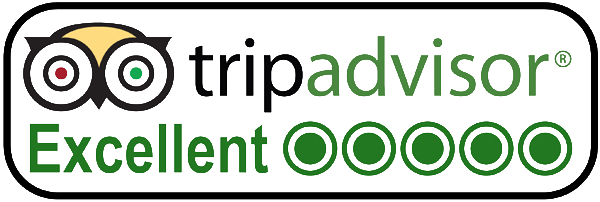Travel to Morocco Frequently Asked Questions (FAQs)
Planning a trip to Morocco? Get answers to your most common travel-related “Travel to Morocco FAQs” questions to ensure a smooth and enjoyable journey.
1. Is Morocco Safe for Tourists?
- Yes, Morocco is generally safe for tourists. However, like in any destination, it’s essential to remain vigilant against petty theft in crowded places. Also, be respectful of local customs and dress codes.
4. What Currency Is Used in Morocco?
- The official currency of Morocco is the Moroccan Dirham (MAD). It’s recommended to exchange currency at banks or official exchange offices for the best rates.
5. Can I Use Credit Cards in Morocco?
- Credit cards are widely accepted in major cities and tourist areas, but it’s a good idea to carry some cash, especially when visiting smaller towns and markets.
6. What Are the Must-Visit Places in Morocco?
- Morocco offers a wealth of attractions, including Marrakech, Fes, the Sahara Desert, Chefchaouen, the Atlas Mountains, Casablanca, and many more. Each destination has its unique charm and experiences.
7. Is Bargaining Common in Morocco?
- Yes, haggling is a common practice, especially in markets (souks). When shopping, feel free to negotiate prices with vendors, but do so respectfully and with a smile.
8. What Should I Wear in Morocco?
- Morocco is a conservative country, especially in rural areas and religious sites. It’s advisable to dress modestly, covering shoulders and knees, to show respect for local customs. In urban areas, you can dress more casually, but still modestly.
9. Can I Drink Tap Water in Morocco?
- It’s recommended to drink bottled water to avoid stomach issues. However, in some cities, like Marrakech, tap water is safe for brushing teeth and cooking.
10. What Are Some Local Moroccan Dishes to Try?
Moroccan cuisine is renowned for its delicious flavors. Don’t miss trying dishes like tagine (slow-cooked stews), couscous, pastilla (a savory pastry), and Moroccan mint tea.
11. What’s the Best Way to Get Around Morocco?
Morocco has an extensive transportation network. Travel between cities is convenient by train or bus. For shorter distances within cities, consider using taxis or walking.
12. Do I Need Travel Insurance for Morocco?
While it’s not mandatory, it’s highly recommended to have travel insurance that covers medical emergencies, trip cancellations, and theft.
13. Can I Visit the Sahara Desert in Morocco?
Yes, the Sahara Desert is one of Morocco’s major attractions. You can take guided camel treks or 4×4 excursions to explore the desert, camp under the stars, and experience the unique landscape.
14. What’s the Local Language in Morocco?
Arabic and Berber are the official languages. French is widely spoken, especially in urban areas and among the educated population.
15. Are There Any Festivals or Events to Attend in Morocco?
Morocco hosts various festivals and events throughout the year, including music festivals, cultural celebrations, and religious holidays. Check the calendar to see if any events align with your travel dates.
16. What’s the Etiquette for Taking Photos in Morocco?
Always ask for permission before taking photos of people, especially in rural areas. Some may expect a small tip in return.
17. Can I Bring Alcohol into Morocco?
Morocco is a predominantly Muslim country, and alcohol consumption is regulated. You can find alcohol in licensed bars and restaurants, but it’s not readily available in small towns.
18. How Much Should I Tip in Morocco?
Tipping is customary in Morocco. In restaurants, leaving a tip of 10-15% is appreciated. It’s also common to tip tour guides, drivers, and hotel staff for good service.
19. Are There Any Health Precautions I Should Take?
Consult a travel clinic for recommended vaccinations before your trip.
It’s also wise to bring any necessary medications and have travel insurance that covers medical emergencies.
20. What’s the Voltage and Plug Type in Morocco?
Morocco uses the European-style two-pin plugs (Type C and Type E) and operates on a 220V supply voltage. Make sure to bring the appropriate adapter if needed.
Travel to Morocco promises a rich and immersive experience, whether you’re exploring historic cities, trekking in the mountains, or savoring the flavors of Moroccan cuisine. With these Travel to Morocco FAQs in mind, you’re well-prepared for your Moroccan adventure.


